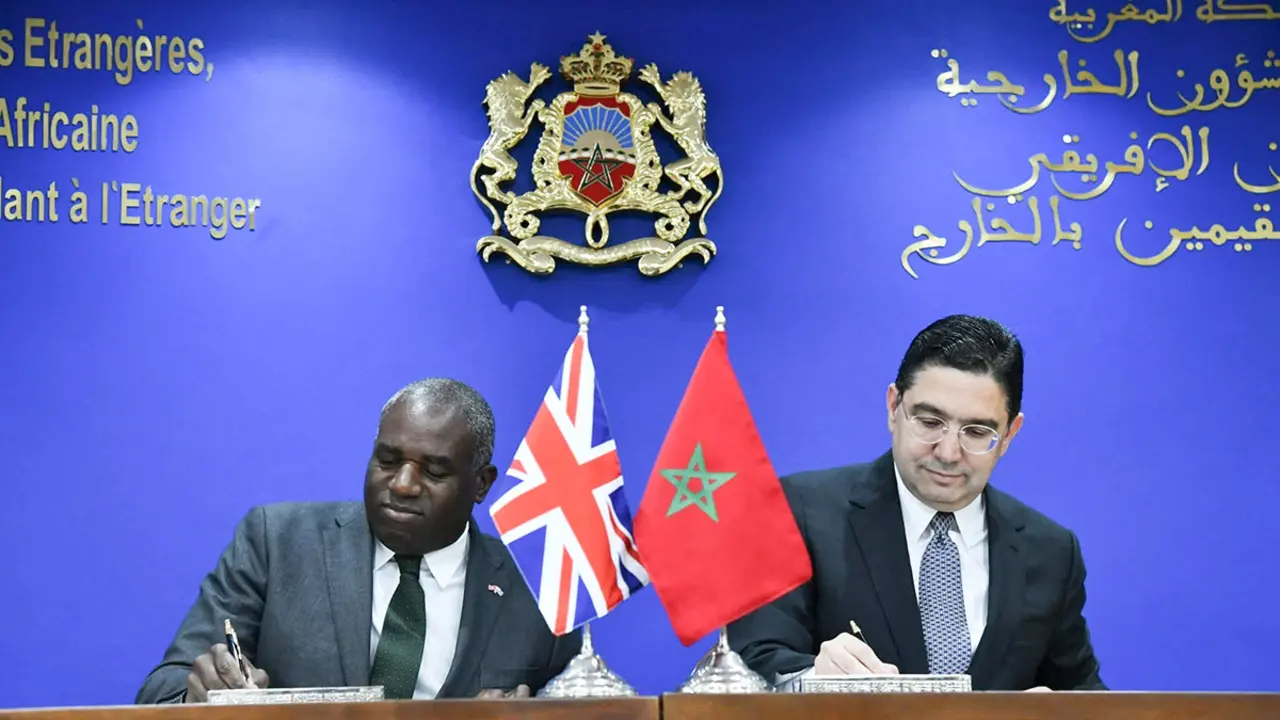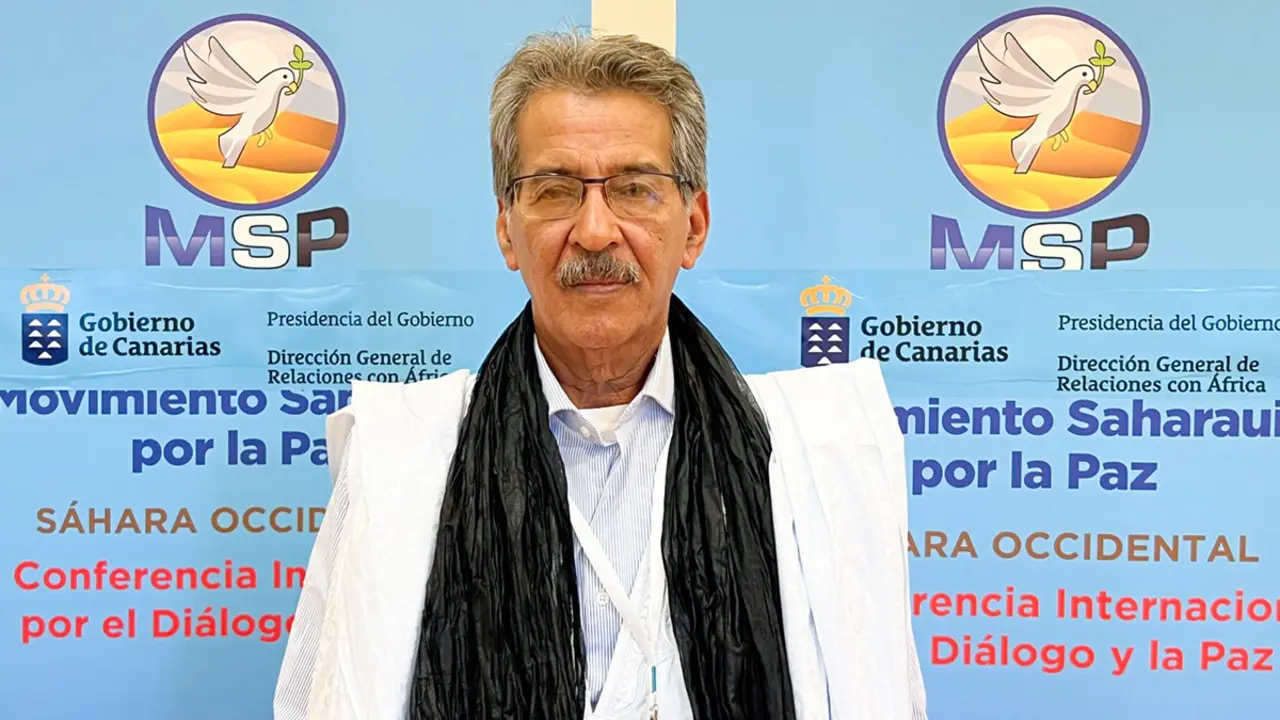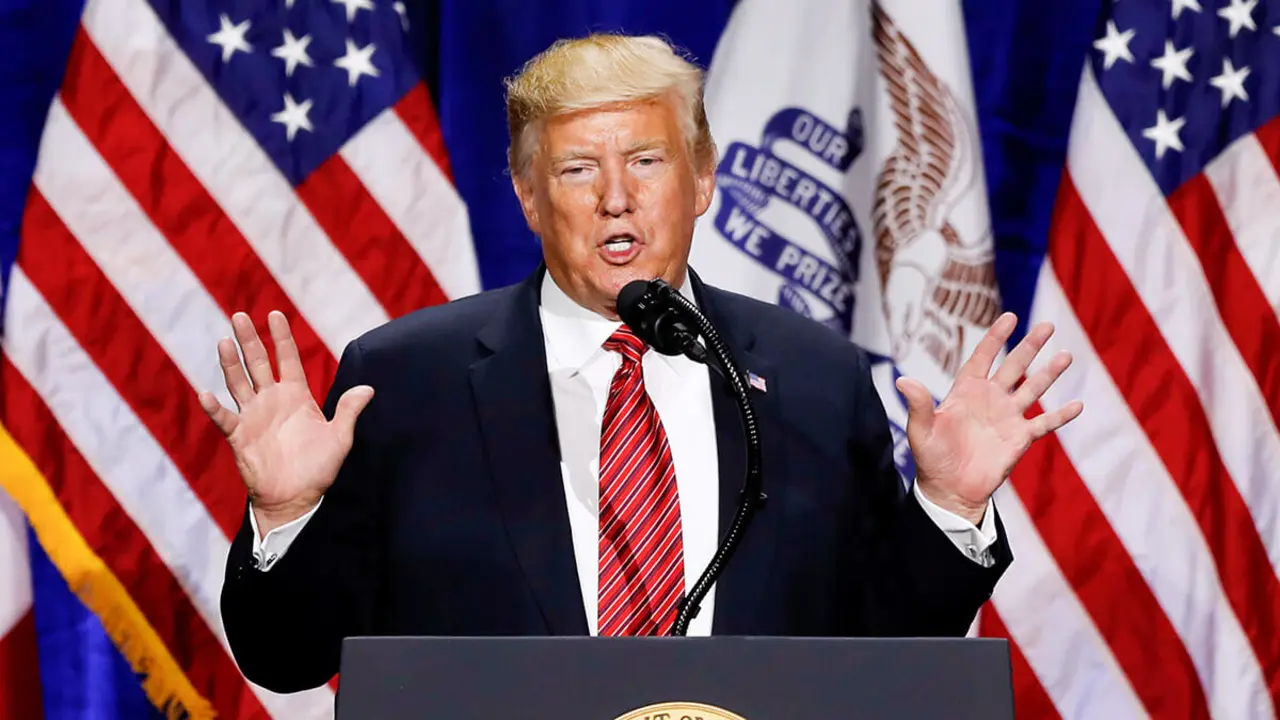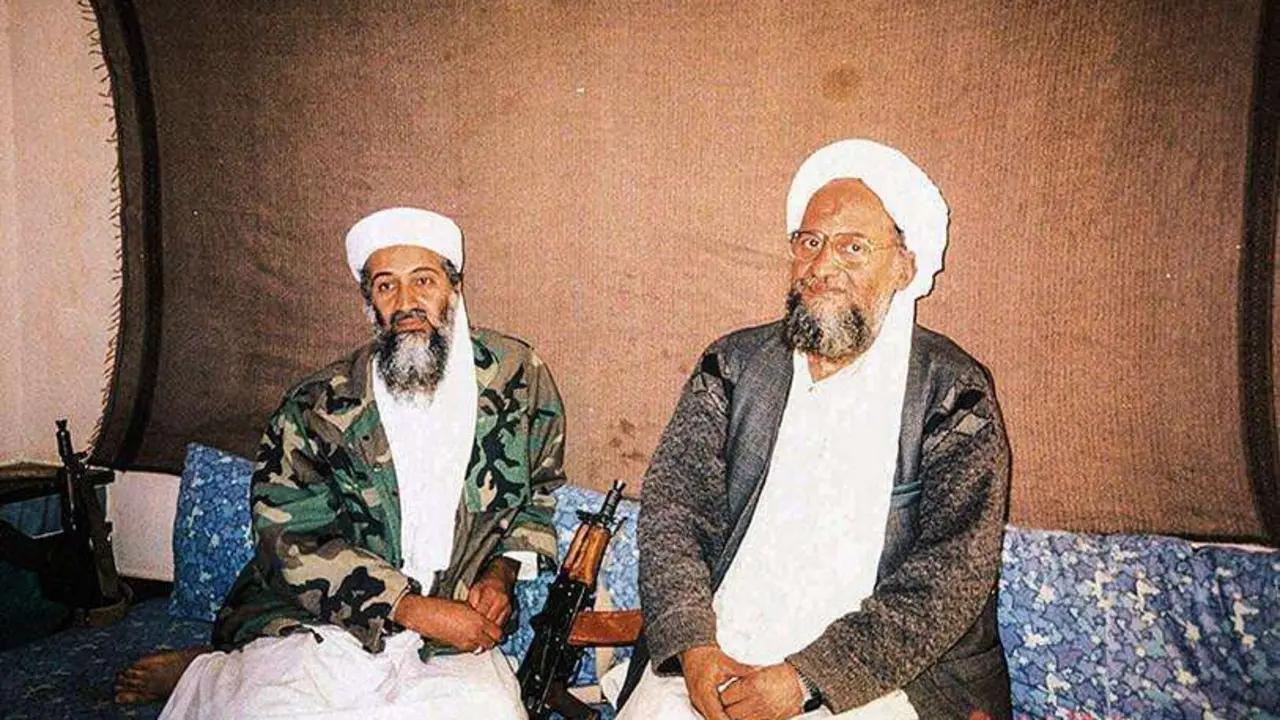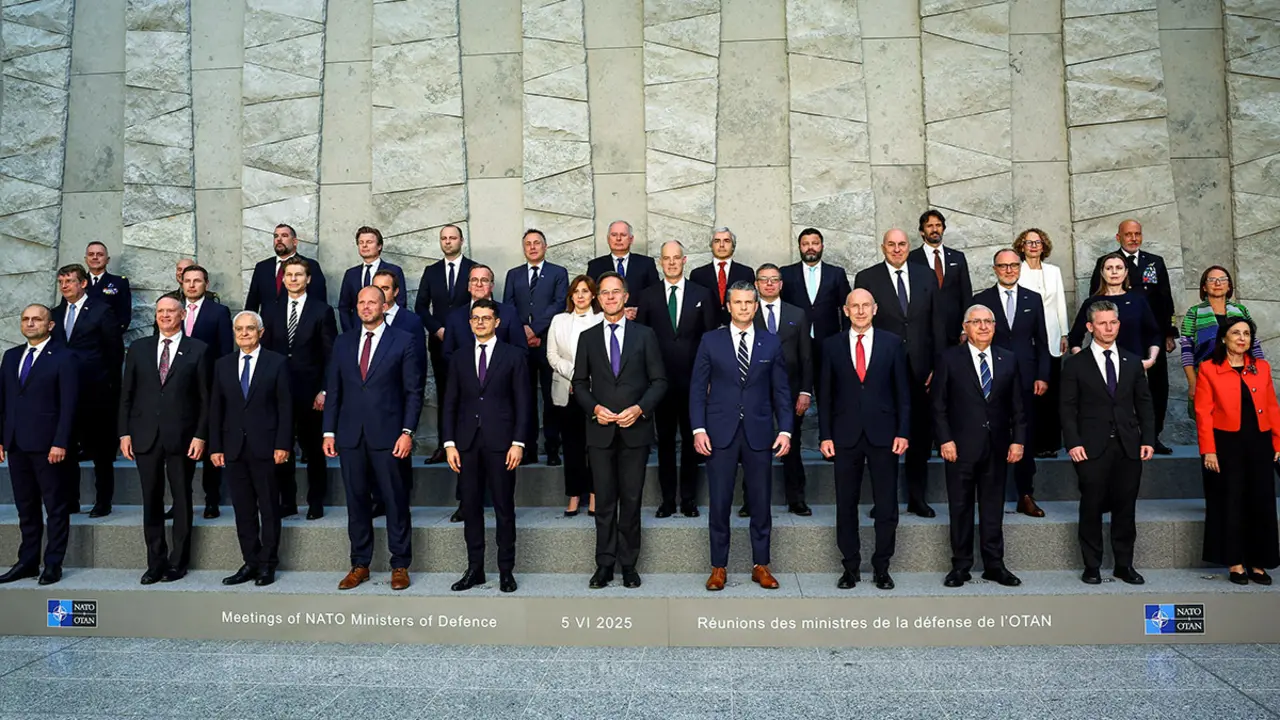Liz Truss shores up a diverse cabinet of loyalists on her debut as Prime Minister

Queen Elizabeth II handed over the keys to 10 Downing Street on Tuesday to Liz Truss, Boris Johnson's new successor as head of the Conservative Party and the British Executive after her resounding victory in the Tory primaries over the former Finance Minister, Rishi Sunak. From the summer residence of Balmoral in Scotland, the new Conservative leader took office before the Queen, becoming the fifteenth premier to be appointed by Elizabeth II. The first was Winston Churchill in 1952. Truss, meanwhile, is the fourth prime minister in just six years, and the third woman after Margaret Thatcher and Theresa May.
Boris Johnson had hours earlier formalised his farewell. With the iconic door with the '10' on his back, the now ex-Prime Minister boasted about his convulsive legacy, marked by an overwhelming electoral victory, the consummation of Brexit, the successful vaccination campaign against COVID-19 and the fierce support for Ukraine after the Russian invasion. But the inheritance he leaves in Truss's hands is less encouraging, with an incipient energy crisis on the horizon, galloping inflation wreaking havoc and a National Health Service (NHS), once the symbol of the British welfare state, with serious shortcomings.

In addition, Johnson leaves behind a divided party. The Tory leadership mowed down the grass under his feet by forcing him out after a series of scandals, and many of his cabinet members went after him like hyenas for the leadership of the Conservative Party. One of them was Sunak, a strongman in the executive and popular in the polls before it was discovered that his wife, of Indian origin, was not taxed in the UK to save tax. The launch of his candidacy, with a carefully prepared video before the announcement, was interpreted as a betrayal of Johnson, which detracted from his standing among the Conservative militancy.
Truss's uncertain strategy, which resisted quitting the cabinet despite the disbanding of ministers and middle managers, paid off on Monday with a comfortable victory over Sunak, the early favourite to succeed Johnson and winner of the previous rounds. The Tory rank and file rewarded her loyalty, and she has built the backbone of her new cabinet on this principle. Because all members have endorsed her candidacy, and because the vast majority have risen through the ranks of the administration at her side.
"It is time for all of us to support Liz Truss, her team and her programme, and to deliver for the people of this country, because that is what the people of this country want," said an emotional Johnson in his final farewell. The former Prime Minister called for a closing of ranks with his successor within the party, in a context of turbulence similar to that experienced in the early 1970s with the oil crisis, which led to the rise to power, years later, of the 'Iron Lady', Margaret Thatcher, whose heir Truss considers herself to be.

In her first speech outside 10 Downing Street, the former Foreign Secretary also wanted to pay tribute to her predecessor: "History will see him as a prime minister of enormous consequence". In the same appearance, Truss outlined what his priorities will be: boosting the economy, with announcements of tax cuts; alleviating the energy crisis, with a freeze on energy bills; and strengthening the NHS. She promised to "deliver, deliver and deliver" after her speech accepting the Conservative leadership, but the scenario is complicated.
In reality, the aim of the new premier is to "weather the storm", and to do so she has surrounded herself with her praetorian guard, rejecting the suggestions of the Conservative Party leadership, which recommended forming a cabinet of unity to rebuild the party. Nothing of the sort. Truss has opted for close, trustworthy profiles, with the prerequisite of having supported his candidacy. As expected, there was no accommodation for Sunak. Nor for her internal supporters, among them important figures such as Sajid Javid, Michael Gove or Dominic Raab, who was acting as Prime Minister when Johnson was hospitalised for COVID-19.

The new Prime Minister announced the names within hours of taking office; the decisions had been made for weeks. She had had plenty of time to sketch out what the cabinet would look like, relying on figures close to her within the party, especially on an ideological level, but also on a political level, especially those who supported her leadership in her bid against Sunak. According to analysts, the new members come almost entirely from the party's hard-line, nationalist and neoliberal wing.
Another factor stands out. For the first time, three of the five most important ministries will be headed by second-generation immigrants. Truss's choices were Kwasi Kwarteng, of Ghanaian origin, to replace Sunak as Finance Minister; James Cleverly, whose mother is from Sierra Leone, to succeed him as Foreign Minister; and Suella Braverman who, despite aspiring to the leadership of the party and the government, finally backed Truss to receive the Interior portfolio. The latter is of Kenyan and Mauritian origins.

Health and Social Welfare Minister Thérèse Coffey, Truss's right-hand woman before taking over the leadership of the government, also takes the top cabinet post of deputy prime minister. Also for the first time, two women will lead the top posts in the executive. Meanwhile, the popular Ben Wallace will continue as Defence Secretary and the surprise candidate in the primaries, Penny Mordaunt, has been rewarded with the leadership of the House of Commons and the premiership of the Council.
Truss hopes to consolidate his leadership ahead of the next elections, which, if nothing changes, are scheduled for May 2024. Although an early election is not ruled out. Her rise to power is tainted by a lack of legitimacy, as only the rank and file of the Conservative Party, a minority that is in no way representative of the British people, voted for her. The clock is ticking.

